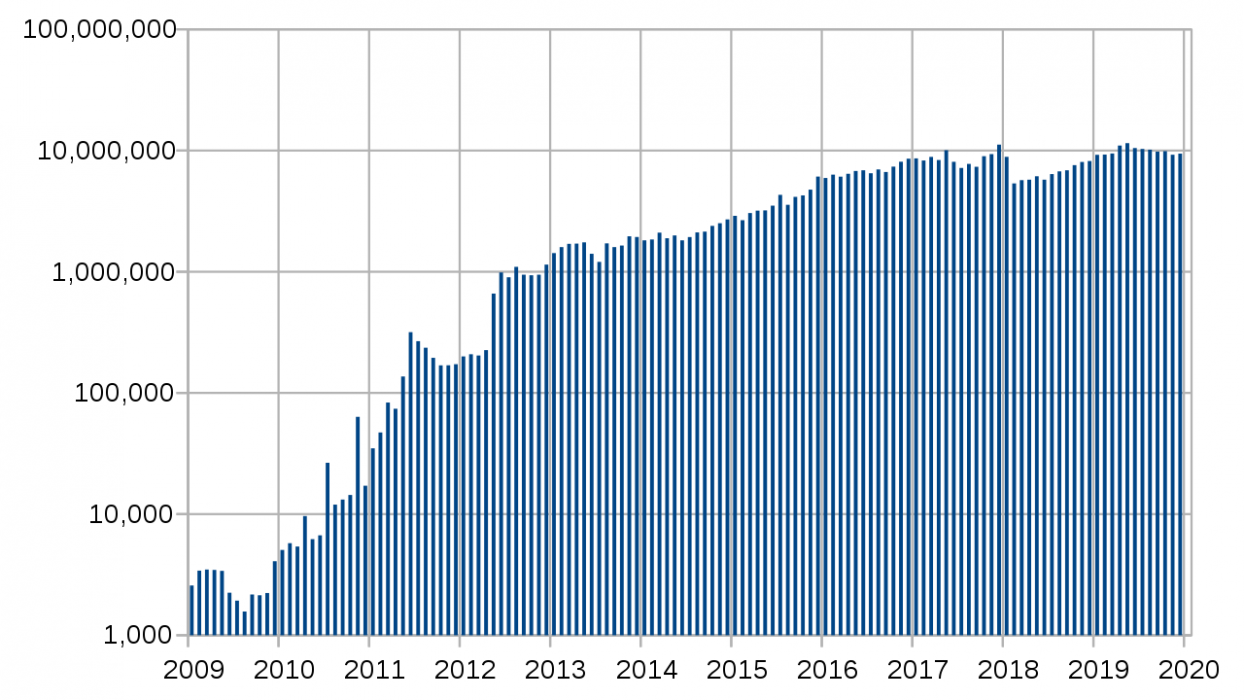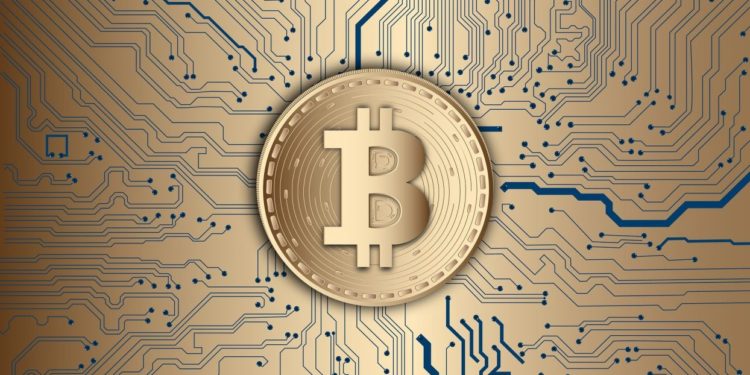While Bitcoin remains the leading crypto in the market by adoption, some issues remain with it’s scalability and use as a medium of exchange. With the question being asked, is it just a store of value?
If it is to ever be used for payments globally it will have to solve this issue. Otherwise it could just be a store of value and other cryptocurrencies with much lower fees such as Litecoin may take over the payments sector.
On a typical day, on average Bitcoin only does 4-5 TPS vs VISA’s 3,900 TPS which is a considerable difference. The fee structure is different with VISA charging a percentage of the transaction amount and BTC having a fixed rate for any amount. This may make BTC cheaper for large transactions but way more expensive for small transactions.
| Average Transactions | VISA | Bitcoin (BTC) | Ether | Litecoin |
| Avg Transactions per second | 3,900 | 4-5 | 15 | 56 |
| Avg Total Transactions per day | 84 Million | 350,000 | 1.3 Million | 110,000 |
| Avg Price per Transaction | 0.5-2% | US $20 | US $20 | $0.036 |
| Daily Transaction Volume | $31 Billion | $12 Billion | $7 Billion | $1.5 Billion |
VISA TPS data is calculated from Q4 2020 data (3 months) showing 30,676 Million VISA (and related VISA) network transactions. VISA Daily Volume is calculated by 11.6 Trillion per year recorded in 2019 Annual report.
Useful data links:
Bitcoin’s Long Road for Mainstream Integration
Data shows that companies globally have spent $2B to research and integrate blockchain technology, being Bitcoin’s network the most popular option for businesses.
This year, Bitcoin’s network shows between 2-6 TPS (Transactions Per Second)
The problem is Bitcoin has a limited rate for transaction processes. The network can only handle block sizes of 1-4 MB. At a maximum, that would still only be 5-7 TPS.

Developers need to address scalability issues even before traditional institutions in the industry start implementing blockchain technology.
Ethereum 2.0 Blockchain Technology
Since blockchain technology emerged, the scalability issue has been a long discussion. Developers are currently exploring new ways to improve the overall ecosystem for blockchains.
Moreover, developers from other protocols, like Ethereum, are taking important steps to improve blockchain technology. Such as implementing new consensus protocols to enhance issues like scalability, speed, and interoperability.
For instance, ETH 2.0 seeks at least 100,000 TPS, compared to the 30 TPS of Ethereum.
Is Bitcoin Just a Store of Value?
Despite acting poorly as a medium of exchange, Bitcoin is considered as one of the greatest stores of values against declining fiat. According to Bloomberg, investors are replacing gold with Bitcoin as a better store of value.
Naturally, investors will always seek to add new products to their portfolios. The COVID-19 pandemic accelerated the need for an alternative hedge against declining fiat, and a bearish stock market heavily affected by the virus.
Likewise, since the pandemic started, the numbers of Aussies using SMSF to invest in crypto increased. As Bitcoin started its institutional-driven bull run, many investors and traders flock to popular exchanges, like Binance Australia or CoinSpot.
Aussie investors are even choosing crypto over gold. At least 12% of investors are adding Bitcoin, Ethereum, or Ripple’s XRP to their portfolio instead of gold.
As reported, 45% of citizens are investing in crypto for the increase in price, and at least 12% considering digital assets as a better store of value.
Bitcoin (and cryptocurrencies in general) have the potential to reshape the financial aspects of the world. While its crypto-technology brings several advantages, it still has a long road to becoming a part of businesses globally.
Disclaimer:
The content and views expressed in the articles are those of the original authors own and are not necessarily the views of Crypto News. We do actively check all our content for accuracy to help protect our readers. This article content and links to external third-parties is included for information and entertainment purposes. It is not financial advice. Please do your own research before participating.
Credit: Source link






















